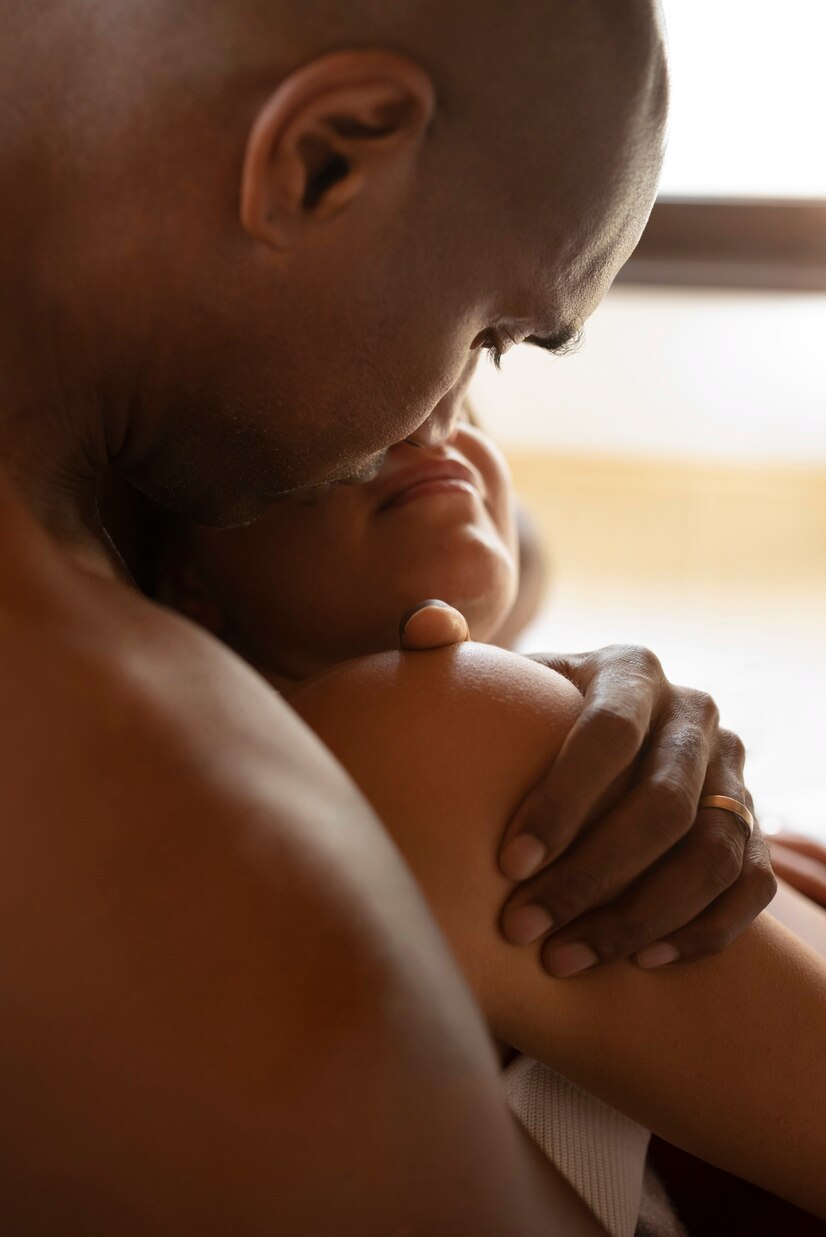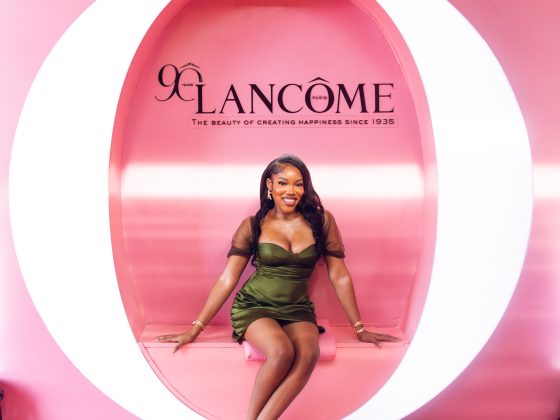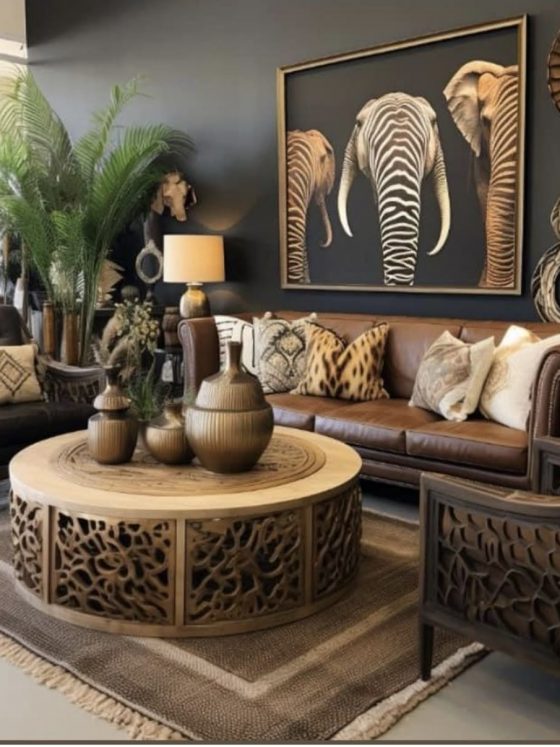Let’s talk about sex—not in the way it’s often whispered about behind closed doors, covered in shame or religious guilt, but honestly, openly, and with the nuance it deserves.
The truth is, Africa, for all its vibrancy and cultural dynamism, still struggles to talk about sex without flinching. In homes, schools, churches, mosques, and media, the word itself is tiptoed around like a landmine. We call it “the other room,” “something-something,” or “doing the do,” and pretend that vagueness somehow grants us virtue. But that silence has cost us more than we like to admit.
Sexual conversations in many African households are either non-existent or delivered through the lens of fear. From a young age, girls are warned, “Don’t let any boy touch you,” as though their bodies are ticking bombs waiting to go off. Boys, on the other hand, are left to figure it all out from older cousins, pornography, or the streets. There’s rarely a balanced, healthy, informed conversation. No one talks to the young boy about consent. No one teaches the girl about pleasure. What we do is fill their heads with shame, myths, and a long list of “don’ts”—don’t have sex before marriage, don’t get pregnant, don’t disgrace the family. The only sex education many of us received was a biology diagram of the reproductive system and a stern warning to “zip up.”
While it may seem convenient, this silence is not protecting anyone. If anything, it’s exposing generations to harm, misinformation, trauma, and regret. We pretend not to know that many teenagers are already sexually active. We pretend not to know that married couples are struggling with intimacy. We pretend not to know that a lot of adults are walking around with unmet needs, unhealed wounds, and dangerous ignorance. Why? Because we never taught them how to talk about sex—how to express desire, how to ask questions, how to set boundaries, or how to say no.

In Nigeria especially, sex is paradoxically everywhere and nowhere. It is laced into our music, our fashion, our humour, and even our marketing—yet we’re still shy to have straightforward conversations about it. We hypersexualise women and shame them at the same time. We put “sexy” women on billboards and music videos, then label them “spoilt” when they dare own their sexuality in real life. We joke about sex at parties, but stutter when our children ask questions. It’s this duality—this contradiction—that’s both frustrating and harmful.
It’s time to change that. And to be clear, normalising sexual conversations isn’t about promoting promiscuity or throwing values to the wind. It’s about providing knowledge, encouraging safety, fostering emotional intelligence, and building healthier relationships—with ourselves and with others. It’s about shifting the conversation from fear to freedom, from ignorance to awareness.
When we teach children how to communicate their boundaries, we’re not corrupting them—we’re equipping them. When we teach boys that girls are not objects but human beings with their own thoughts, choices, and independence, we’re not destroying masculinity—we’re reshaping it into something healthier and more respectful.
.When we tell girls that their worth is not tied to whether they’ve had sex or not, we’re freeing them from centuries of patriarchal shackles.
Let’s also talk about pleasure—yes, pleasure. The word alone feels rebellious in many African settings. Women, especially, are taught to endure sex, not enjoy it. It’s why so many are quiet about pain during intimacy. It’s why discussions around female orgasm are often met with either laughter or suspicion. But pleasure is not a luxury; it’s a right. It is a part of our sexuality that deserves recognition, not repression. When we open up space for women to talk about what they like, what they want, and what they don’t want, we are not being “Westernised”—we’re being human.
Now, there’s no denying that religion and tradition have shaped much of our discomfort. But even within those frameworks, conversations can evolve. A society that can adapt to smartphones, fashion trends, and political shifts can surely adapt to healthier ways of talking about sex. It starts with parents unlearning shame and relearning how to talk to their children. It starts with schools offering real, age-appropriate sex education—not fear-based lectures but lessons rooted in science, empathy, and real life. It starts with churches and mosques acknowledging that their congregants are human beings with bodies, desires, and questions. Pretending these conversations don’t matter does not make them disappear—it only forces them underground, where misinformation thrives.

The media has a role too. We need more shows, books, podcasts, and columns that tackle sex with depth, humour, intelligence, and cultural sensitivity. We need more public figures who are unafraid to have these conversations with honesty and dignity. We need to move beyond moral panic and actually ask: what kind of society are we trying to build? One that shames people into silence or gives them the tools to thrive emotionally, physically, and relationally?
There’s also a mental health angle to all this. So many traumas are linked to sex—not necessarily because sex is bad, but because it was never spoken about, never processed, never healed. Victims of sexual abuse often battle shame and silence for years, sometimes decades, because they were taught not to speak. Many married couples feel lonely in their intimacy because they were never taught to talk about their needs. Many people feel broken because their sexual experiences don’t match the myths they were fed growing up. Normalising sexual conversations helps us normalise healing, too.
Of course, we must tread with care. Every culture has its sensitivities, and no one is suggesting we bulldoze through people’s beliefs. But progress is possible. Just like we now talk more openly about mental health, career choices, therapy, and even divorce—conversations that were once taboo—we can also create safe spaces to talk about sex.
We are not doing ourselves any favours by staying silent. The more we talk, the more we learn. The more we learn, the better decisions we make. It’s not just about the act—it’s about consent, communication, body autonomy, trust, safety, pleasure, and respect. These are human values, not Western values. These are things every society—no matter how conservative—should want for its people.
So, maybe the question we should be asking is not “why are we talking about sex?” but “why haven’t we been talking about it all this while?” We owe it to ourselves, to our children, and to future generations to do better. And doing better starts with talking.
Let’s stop whispering. Let’s start talking.













